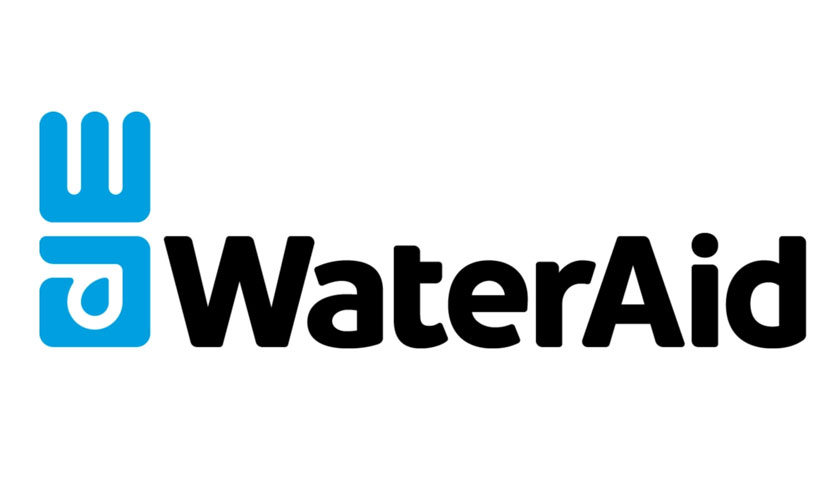A fascinating new photo series launched by WaterAid reveals the different traditions observed by communities around the world to ‘protect’ mothers and welcome new babies, giving them the best start in life.
From postpartum porridge-making and paint masks to baptisms and beer-brewing, the striking images reveal how eleven countries from the UK to India and Uganda to Sweden celebrate new life.
The touching series is being released by WaterAid as part of its Water Effect campaign, which aims to help protect mothers and ensure all babies have the best possible start in life by getting clean water, decent sanitation and good hygiene in health centres access the world.
It features traditions such as Nana Fatsuma in Nigeria, where a stick with twig-like fingers is placed in a bowl of water and given to the labouring mother to hasten delivery, the Okuizome first food ceremony for babies in Japan, and the Ghanaian custom of Nila where a small cut is made on the child’s face to protect them from convulsions.

Rinku, 22, from Delhi, followed the Indian baby tradition of applying thick, black paste called kohl to her daughter Kritika’s eyes.
Rinku said:
“The tradition of applying kohl or ‘kajal’ to the infant’s eyes and forehead began long ago and has been taught to each generation by the elders. The black kajal protects the child from any evil spirits and keeps them healthy.”

Water plays a key role in many of the traditions; it is used to make a special porridge for new mums in Malawi and is mixed with ground tree branch to form a paste to create a ‘masonjoany’ mask in Madagascar.
Nome, 21, wore the mask as part of the Manaboaka Jabely tradition after giving birth. She said:
“In our culture, mothers like me and our newborn babies are not allowed to go outside during the first seven days after the birth. The mother is still suffering and the baby is still very fragile. My older sister applied a ‘masonjoany’ mask to my face to protect it from the sun and from all bad spirits. Once we have made it through these sacred critical seven days, we step outside for a short time to face the reality of life and the bright sun.”
However, one in nine people around the world have no access to clean water, while one in three health centres have no safe water source. Babies born in these health centres will face health risks such as infections, which can be fatal. Every minute a newborn baby dies from infection caused by a lack of safe water and an unclean environment.
Tim Wainwright, Chief Executive of WaterAid said:
“The birth of a new baby is a time of great joy and celebration, and all over the world, communities hold to traditions believed to keep the mothers safe and bring the babies good luck, happiness or good health. But for the millions of mothers who have no choice but attend a health centre without clean water, they do not have the most important thing to welcome any new life – clean water and a hygienic environment.
“It’s unacceptable that in the developing world one in three health centres do not have clean water. This means doctors and midwives cannot protect their patients from the risk of infection, and the consequences can be fatal. That’s why we’re putting clean water, decent toilets and good hygiene at the heart of healthcare, helping save lives every day. Healthcare workers can keep their hands and utensils clean; mothers can give birth more safely; and children can stay healthy and in school. That’s the water effect.”
To help get clean water and sanitation in health centres around the world, support WaterAid’s Water Effect Appeal at http://www.wateraid.org/uk/water-effect.
